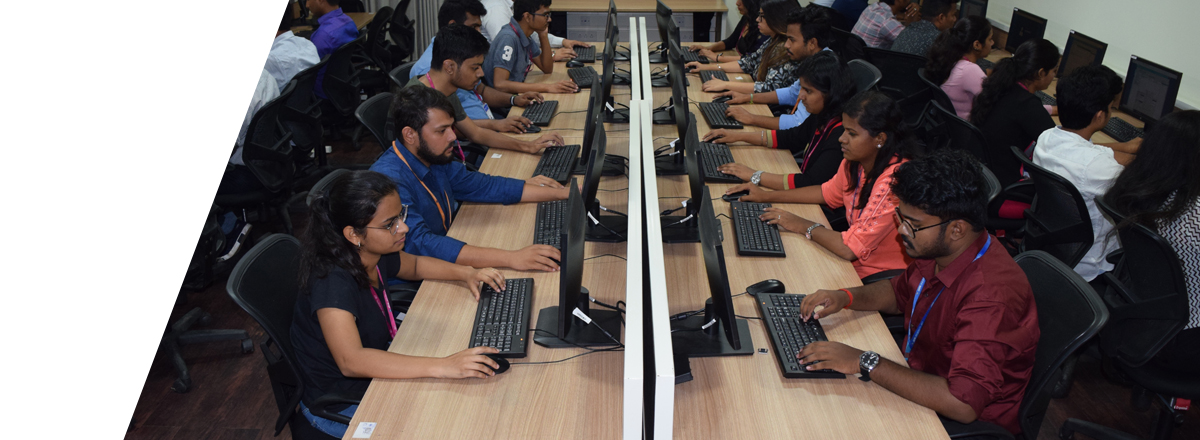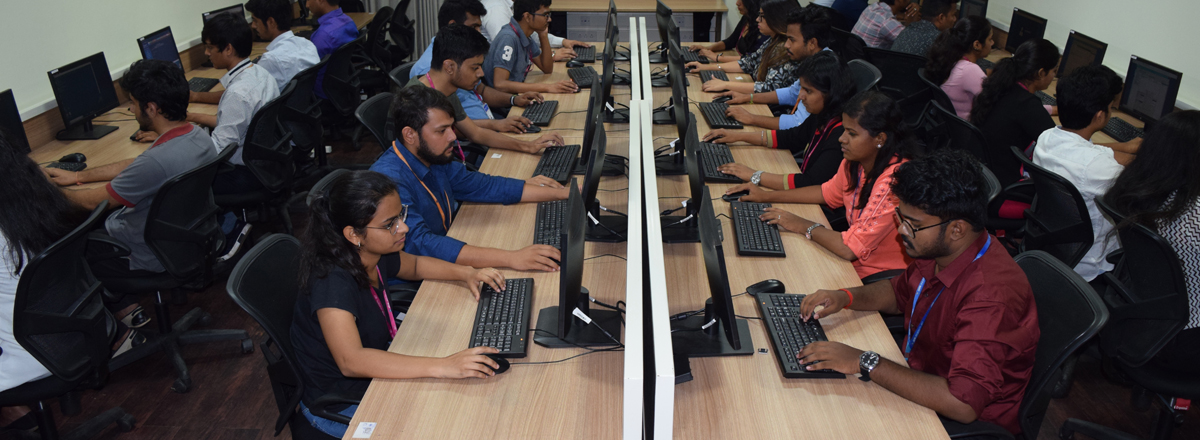Computer Science and Engineering (Cyber Physical Systems)


Computer Science and Engineering (Cyber Physical Systems)


The B. Tech. in Computer Science and Engineering (Cyber-Physical Systems) (CSE-CPS) at JAIN (Deemed-to-be University) one of the top Computer Science Engineering colleges in Bangalore integrates principles from electrical engineering and computer science & engineering. It emphasises the development of both hardware and software components to create resilient cyber-physical systems capable of reacting to real-time events. The program offers students practical, hands-on experience in implementing solutions for Cyber-Physical Systems (CPS).
Studying Cyber-Physical Systems (CPS) offers several compelling reasons:
On completion of B. Tech CSE with (Cyber-Physical Systems) programme, graduates will be able to,
Some highlights of the Computer Science Engineering (Cyber-Physical Systems) programme include:
Students can participate in research endeavours or real-world implementations connected to CPS. Get involved in university research projects, internships, or partnerships with industry to acquire practical experience in creating, building, and executing CPS solutions. Cultivate soft skills, including problem-solving, communication, teamwork, and adaptability and participate in conferences, meetups, and workshops to network with industry experts.
A student who has passed 10+2 examination (level 4.0) with Physics and Mathematics as mandatory courses, along with one of the following: Chemistry / Computer Science / Electronics / Information Technology / Biology / Informatics Practices / Biotechnology / Technical Vocational subject / Agriculture / Engineering Graphics / Business Studies / Entrepreneurship, shall be eligible for admission to B.Tech. programmes. Obtained at least 45% marks (40% marks in case of candidates belonging to reserved category) in the above subjects taken together.
OR
Passed D.Voc. Stream in the same or allied sector.
(The University will offer bridge courses in Physics and Mathematics, along with Chemistry / Computer Science / Electronics / Information Technology / Biology / Informatics Practices / Biotechnology / Technical Vocational subject / Agriculture / Engineering Graphics / Business Studies / Entrepreneurship, for the students coming from diverse backgrounds to prepare level playing field and desired learning outcomes of the programme).
RESERVATION CATEGORY: The University follows the percentage of Reservation for SC/ST & OBC Category as prescribed by the Central Government.
Passed a minimum three-year / two-year (Lateral Entry) Diploma examination (Level 4.5) with at least 45% marks (40% marks in case of candidates belonging to reserved category) in any branch of Engineering and Technology.
OR
Passed B.Sc. Degree from a recognized University as defined by UGC, with at least 45% marks (40% marks in case of candidates belonging to reserved category) and passed 10+2 examination with Mathematics as a subject.
OR
Passed B.Voc/3-year D.Voc. Stream in the same or allied sector.
(The University will offer suitable bridge courses such as Mathematics, Physics, Engineering drawing, etc., for the students coming from diverse backgrounds to achieve desired learning outcomes of the programme)
Bachelor of Technology (Lateral Entry to Third Year): UG Diploma in Engg (Level 5.0)
Bachelor of Technology (Lateral Entry to Final Year): B.Voc. in relevant discipline (Level 5.5)
Enhance your B.Tech experience with the option to pursue a Minor Degree from IIITH and gain unique opportunities for academic and professional growth!
Key Highlights of the UG Minor Degree Program from IIITH:
Certificate Issuance:
Minor Degree Recognition:
Research Internships:
Note:
Department Specific Electives |
|||||||||||||
| DSE Tracks | Elective-I | Elective-II | Elective-III | Elective – IV | Elective – V | ||||||||
| 3rd Semester | 4th Semester | 5th Semester | 6th Semester | 7th Semester | |||||||||
| Track-I | Sensors, Networking, Actuators & Controls | Sensors and Actuator | Network Programming Management | Introduction to Control Systems | Computer Controlled Systems | AI for Smart Sensors | |||||||
| Track-II | Data Analytics & Predictive Technologies | Essentials of Data Analytics | Data Analytics Technology | Exploratory Data Analytics | Business Analytics | Predictive Maintenance Technologies | |||||||
| Track-III | Cyber Security & Cyber Physical Infrastructure | Physical Infrastructure Security | Threat Analysis | Physical Threat Intelligence Analysis | Network Infrastructure Security | Enterprise Infrastructure Security | |||||||
These are the careers that a Computer Science and Engineering (Cyber-Physical Systems) graduate can follow on successful completion of the programme:
After completing a B. Tech in Computer Science & Engineering (Cyber-Physical Systems), there are several further study options available to enhance your knowledge and skills in this field:
Students are provided with a structured learning path integrated with contributions from the following organizations. This approach facilitates a holistic comprehension of diverse facets within the field, empowering students to cultivate specialized skills and knowledge as they progress through their academic journey.